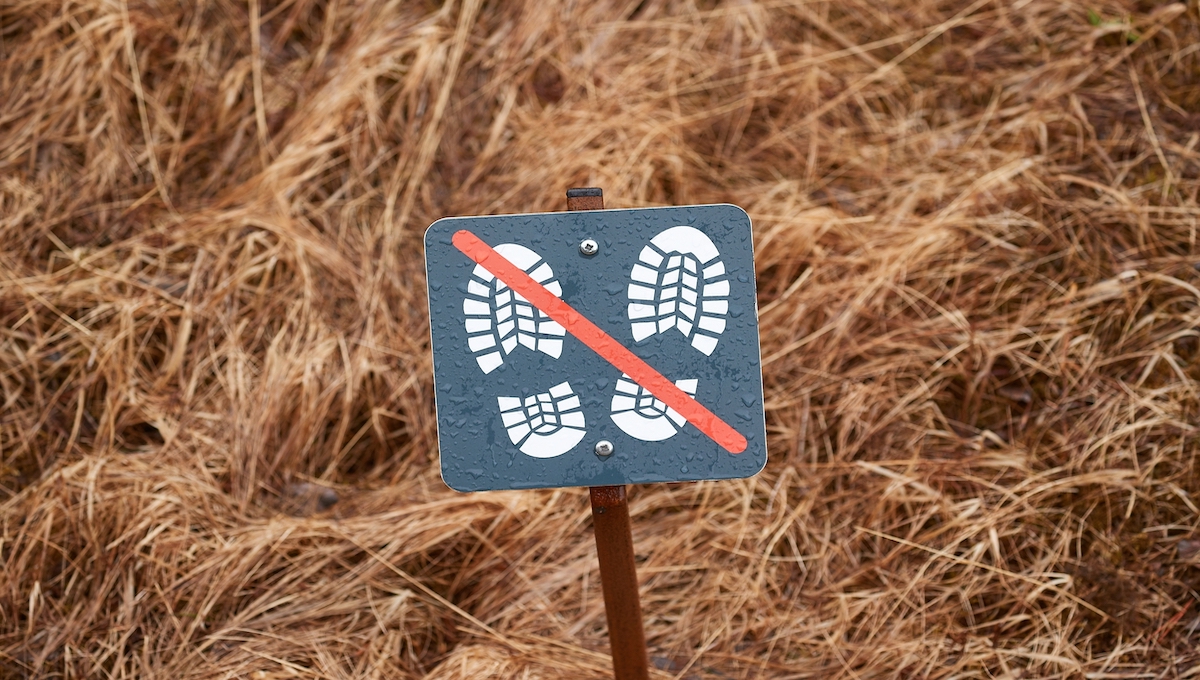– OPINION –
The U.S. Senate confirmed Dr. Robert Califf as Commissioner of Food and Drugs by a 50-46 vote only a few weeks ago. And the FDA Commissioner had to spend this week bouncing back and forth between the House and Senate, testifying for hours about the infant formula crisis he inherited.
The crisis is due to a nationwide shortage of infant formula partially caused by the shutdown of the country’s largest formula production facility in Sturgis, MI. It is operated by Abbott Nutrition, produces Similac and other brands, and was connected to four Cronobacter illnesses, including two deaths.
Anyone who has testified before congressional committees over several days knows missteps are possible.
Califf “stepped in it” during House testimony when he blamed the FDA mailroom for the slow delivery of a 34-page report from an Abbott whistleblower to agency executives.
The whistleblower sent the confidential documents to seven senior FDA officials via FedEx on Oct. 19 and 20, 2021. Three were also copied by email, which was confirmed by FDA. But there was no further contact by FDA with the whistleblower until December.
Congress wants to know why it took so long, and Rep. Rosa DeLauro, who chairs the House Appropriations Committee, took strong exception to the “mailroom issues” cited by Califf. DeLauro says she needs “accountability” for “this delayed response to serious allegations of contamination, not excuses.”
Then on Thursday, however, the FDA Commissioner almost made a potentially more serious mistake during his testimony to the Senate Committee on Health, Education, Labor, and Pensions (HELP) by getting into it with Sen. Richard Burr, R-NC.
Sen. Burr is HELP’s ranking member, and the senator delivered his own and five other Republican votes that made Califf’s slim 4-vote confirmation possible. The others were: Susan Collins (Maine), Lisa Murkowski (Alaska), Mitt Romney (Utah), Pat Toomey (Pennsylvania), and Roy Blunt (Missouri).
In an icy exchange, Burr reminded Califf that no one in Congress has provided more support for FDA programs and employees than himself.
In their 5-minute rounds of questions, several Senators asked questions about their constituents who are currently searching for a formula to feed their babies.
HELP Committee Chairwoman Patty Murray, D-WA, wanted to know what to tell “Cal” in the Tri-Cities. She said he is searching for medical formula through a Facebook group.
Murray also gave Califf this stern lecture:
“Let me be clear — the fact we even have to have this hearing, the fact that shelves are empty, the fact that babies across the country are going hungry and parents can’t find what they need to feed their infants is a massive, unacceptable failure. And I’ve said this before but I’ll say it again: the groups that families and caretakers depended on to help them in this moment — the FDA, infant formula manufacturers — they all get an ‘F’ here in my book,” said Senator Murray.
“There were plenty of warning signs about this crisis — and it seems like the people responsible for safety and supply here just blew through each and every one of them. And now, parents and babies are the ones dealing with the consequences.”
To those questions, the FDA commissioner passed along Abbott’s plans to restart the Sturgis plant on June 4. Califf figures the formula shortage will be with us for another 60 days after that.
Califf is FDA’s 25th commissioner. He was also the 22nd Commissioner of Food and Drugs, during the last year of the Obama administration. Since then he was working for Google and living under the Golden Gate Bridge in San Francisco.
(To sign up for a free subscription to Food Safety News, click here)

